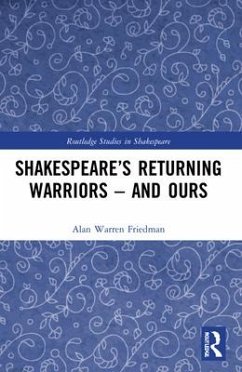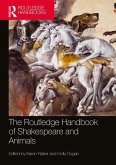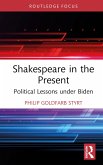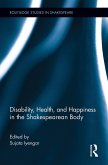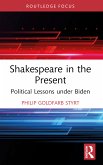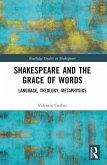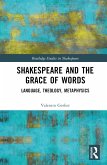Shakespeare's Returning Warriors - and Ours takes its primary inspiration from the contemporary U.S. Post-Traumatic Stress Disorder (PTSD) crisis in soldiers transitioning from battlefields back into society. It begins by examining how ancient societies sought to ease the return of soldiers in order to minimize PTSD, though the term did not become widely used until the early 1980s. It then considers a dozen or so Shakespearean plays that depict such transitions at the start, focusing on the tragic protagonists and antagonists in paradigmatic "returning warrior" plays, including Titus Andronicus, Julius Caesar, Othello, Macbeth, Antony and Cleopatra, and Coriolanus, and exploring the psychological and emotional ill-fits that prevent warrriors from returning to the status quo ante after battlefield triumphs, or even surviving the psychic demons and moral disequilibrium they unleash on their domestic settings and themselves. It also analyzes the history plays, several comedies, and Hamlet as plays that partly conform to and also significantly deviate from the basic paradigm. The final chapter discusses recent attempts to effect successful transitions, often using Shakespeare's plays as therapy, and depictions of attempts to wage warfare without inducing PTSD. Through the investigation of the tragedies and model returning warrior experiences, Shakespeare's Returning Warriors - and Ours highlights a central and understudied feature of Shakespeare's plays and what they can teach us about PTSD today when it is a widespread phenomenon in American society.
Bitte wählen Sie Ihr Anliegen aus.
Rechnungen
Retourenschein anfordern
Bestellstatus
Storno

